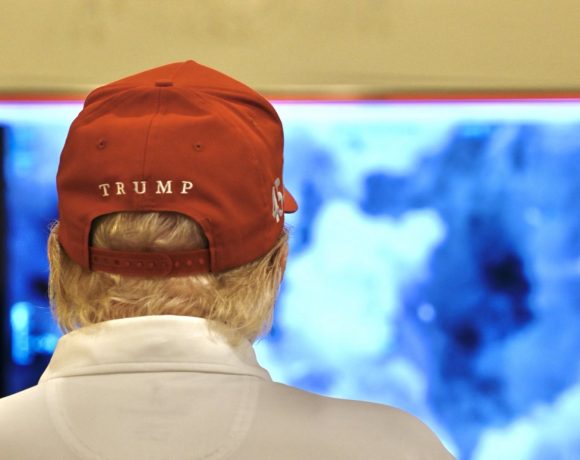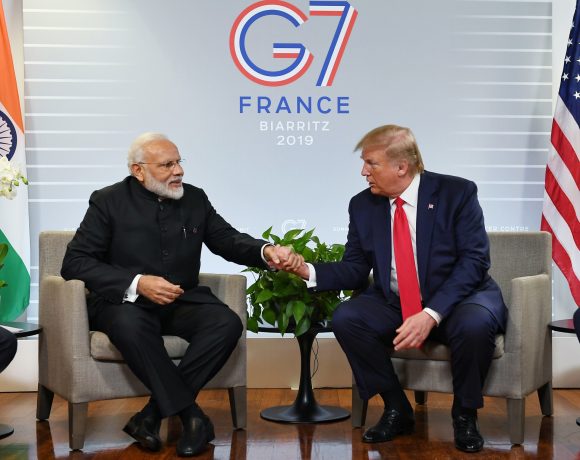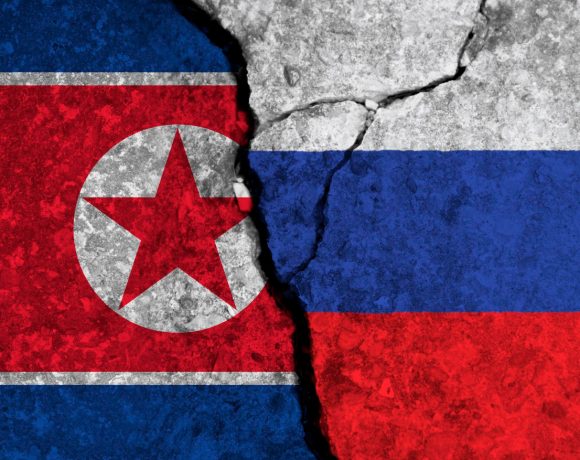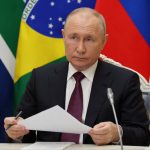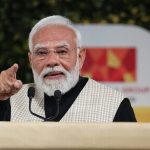
Macron Urges Europe to Choose Rafale Over U.S. Fighters
French President Emmanuel Macron has issued a bold call to his European allies: pivot from purchasing American-made F‑35 fighter jets and embrace the Dassault Rafale as a cornerstone of Europe’s strategic independence in defense.
In a recent social media post featuring an image of the Rafale and the caption “European friends, you have a call,” Macron reignited a long-standing debate about Europe’s defense autonomy. He stressed that increased reliance on U.S. military systems constrains Europe’s freedom of action and hampers its ability to develop and sustain indigenous capabilities.
European Defense
Macron framed his appeal as a wake-up call, stating that European nations must stop using defense budgets to subsidise foreign industries and instead invest in homegrown solutions. He recalled earlier criticisms of decisions like Germany’s preference for U.S. and Israeli systems over European alternatives, arguing that such choices undermine collective security and innovation.
To reinforce the message, Macron noted that France is accelerating its own military modernization—including additional Rafale orders and upgrades to nuclear-capable air bases—highlighting Europe’s capacity to support both continental defense and NATO commitments independently.
Rafale Alternative
The Rafale multirole fighter, developed by Dassault Aviation, is already in service across multiple countries—India, Croatia, Greece, Egypt, Qatar, and more. Macron positions it not just as a capable jet, but also as a strategic asset that can empower Europe to build a self-reliant defense ecosystem, preserve high-value jobs, and strengthen industrial collaboration across the bloc.
He warned that without such an industry effort, Europe risks losing economic and military sovereignty at a time when global power dynamics are shifting. The revival of initiatives like the Franco-Italian SAMP/T missile system and joint aircraft development programs underscores this vision.
Strategic Autonomy
Macron’s stance arrives amid broader concerns over unpredictable policy shifts from traditional allies like the U.S. With renewed uncertainty in NATO’s future, he argues that Europe must prepare by controlling its own defense capabilities and reducing dependance on non-European suppliers.
This push sets the stage for profound debates over defense procurement within the EU. As member nations weigh budget allocations, technological partnerships, and national interests, Macron’s message challenges them to prioritize a unified, sovereign defense path.


